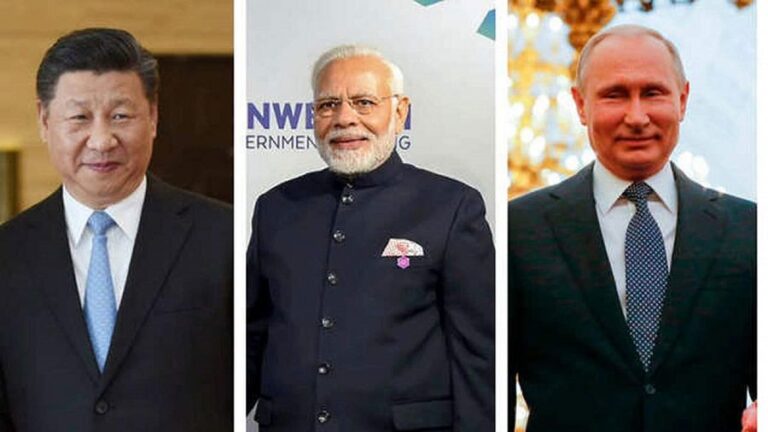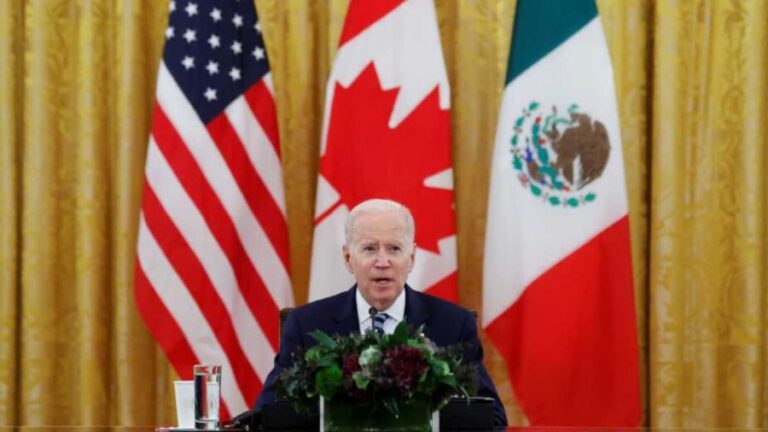Israel Would Be Making an Irreversible Geostrategic Mistake by Arming Kiev
The possible dispatch of Iranian ballistic missiles to the conflict zone might actually just be a fake infowar pretext for something that the increasingly unpopular Israeli coalition government might have been planning to do for a while already to coincide with the run-up to tense legislative elections on 1 November, which could possibly return Benjamin Netanyahu to power if they lose like some are beginning to expect might happen.
Former Russian President and current Deputy Chairman of the Security Council Dmitry Medvedev just warned Israel against sending weapons to Kiev after the Jewish State’s Minister of Diaspora Affairs Nachman Shai called for his country to finally cross the Rubicon in response to the Washington Post’s (WaPo) report about Iran allegedly preparing to give Moscow ballistic missiles. He said that such a move would “destroy all interstate relations between our nations”, which is certainly true and would thus be an irreversible geostrategic mistake that Tel Aviv can ill afford.
It was only as recently as late last month that Zelensky feigned shock at Israel’s refusal to send his side air defense systems, the calculations behind which I explained at length here,. That piece also cites some of my prior work earlier this year about the twists and turns of Russian-Israeli relations that readers might appreciate reviewing for crucial background knowledge. In brief, Tel Aviv wisely realized that crossing Moscow’s red line in US-led NATO’s proxy war on that newly restored world power through Ukraine could provoke the Kremlin into giving Iran a carte blanche in Syria for attacking Israel by proxy.
Up until this point, Russia has been restraining Iran through indirect means related to influencing its Syrian ally to discourage such attacks as well as “passively facilitating” Israel’s literally hundreds of strikes against the IRGC and Hezbollah every time they allegedly began stockpiling weapons in the Arab Republic for precisely that scenario (irrespective of whether this was tacitly approved by Damascus). The US earlier tried provoking a Russian-Israeli split over the Jewish Agency’s contentious activities in that Eurasian Great Power, the consequences of which I explained here in the event that they succeeded.
That insight remains relevant in light of the latest tensions in their relations connected to Minister Shai calling on his country to arm Kiev in response to WaPo’s latest report. The possible dispatch of Iranian ballistic missiles to the conflict zone might actually just be a fake infowar pretext for something that the increasingly unpopular coalition government might have been planning to do for a while already to coincide with the run-up to tense legislative elections on 1 November, which could possibly return Benjamin (“Bibi”) Netanyahu to power if they lose like some are beginning to expect might happen.
This “October Surprise” scenario could involve the manipulated escalation of Israeli-Iranian proxy hostilities in Syria for the purpose of presenting the incumbents as supposedly being “strong on national security”, the artificially manufactured perception of which would be meant to “poach” some of Bibi’s base away from him in order to ensure that the coalition retains power. This sequence of very events could be initiated by Israel sending arms to Kiev, which might prompt Russia to let Iran do whatever it wants against Israel via Syria, thus creating the pretext for a major Israeli bombing campaign there.
That would be extremely dangerous in and of itself for regional stability, especially since Iran could predictably request its fellow Resistance allies in Lebanon to directly join the fray, thus possibly leading to a much larger conflict. The prerogative for whether or not this happens is purely Israel’s, which might have wrongly calculated that it could contain the escalation that its coalition authorities might very well set into motion in the coming future for politically self-interested domestic reasons at the expense of their country’s national security interests.
To touch upon those, they simply relate to Israel retaining the so-called “cold peace” between it and Iran (including the Islamic Republic’s local Resistance allies like Hezbollah) for as long as possible until/unless Tel Aviv can regain its increasingly lost military edge over its rival. This observation is based on the latest deal that Israel just clinched with Lebanon over disputed maritime territory, which speaks to Tel Aviv’s desire for preserving the status quo, at least for now. That said, it’s imaginable that so-called “hardliners” might put forth their own arguments about why Israel should “shake up” the region.
The US’ split with the Gulf Cooperation Council’s (GCC) joint Saudi–Emirati leaders over their latest OPEC+ production cuts that they agreed to coordinate with Russia, coupled with suspicions about the Biden Administration’s long-term regional military-strategic intentions with respect to its continued desire to negotiate a new nuclear deal with Iran, could create the compelling perception that Israel’s “window of opportunity” for regaining its edge over the Islamic Republic is quickly running out. That mindset could make some of its decisionmakers desperate to flirt with very dangerous scenarios.
Objectively speaking, it would be an irreversible geostrategic mistake for Israel to set the analyzed scenario in motion whereby it shapes the conditions for creating the false pretext upon which to justify an escalation of its proxy war with Iran in Syria. There’s no guarantee that the resultant dynamics can be controlled, and their predictable spiraling out of control could even lead to the US hanging Israel out to dry due to the ruling Democrats’ self-interested domestic political calculations ahead of November’s midterms in rightly fearing that another foreign war that could turn the public further against them.
For the time being, in spite of immense Western pressure upon them and the dangerous self-interested domestic political calculations of some ruling coalition members, Israel’s national security interests are indisputably best served by retaining the regional military-strategic status quo vis a vis Iran for the indefinite future. Unilaterally disrupting this due to US pressure and short-term electoral considerations would be an irreversible geostrategic mistake that could even endanger the existence of the Jewish State in the worst-case scenario, hence why it must be avoided at all costs.







